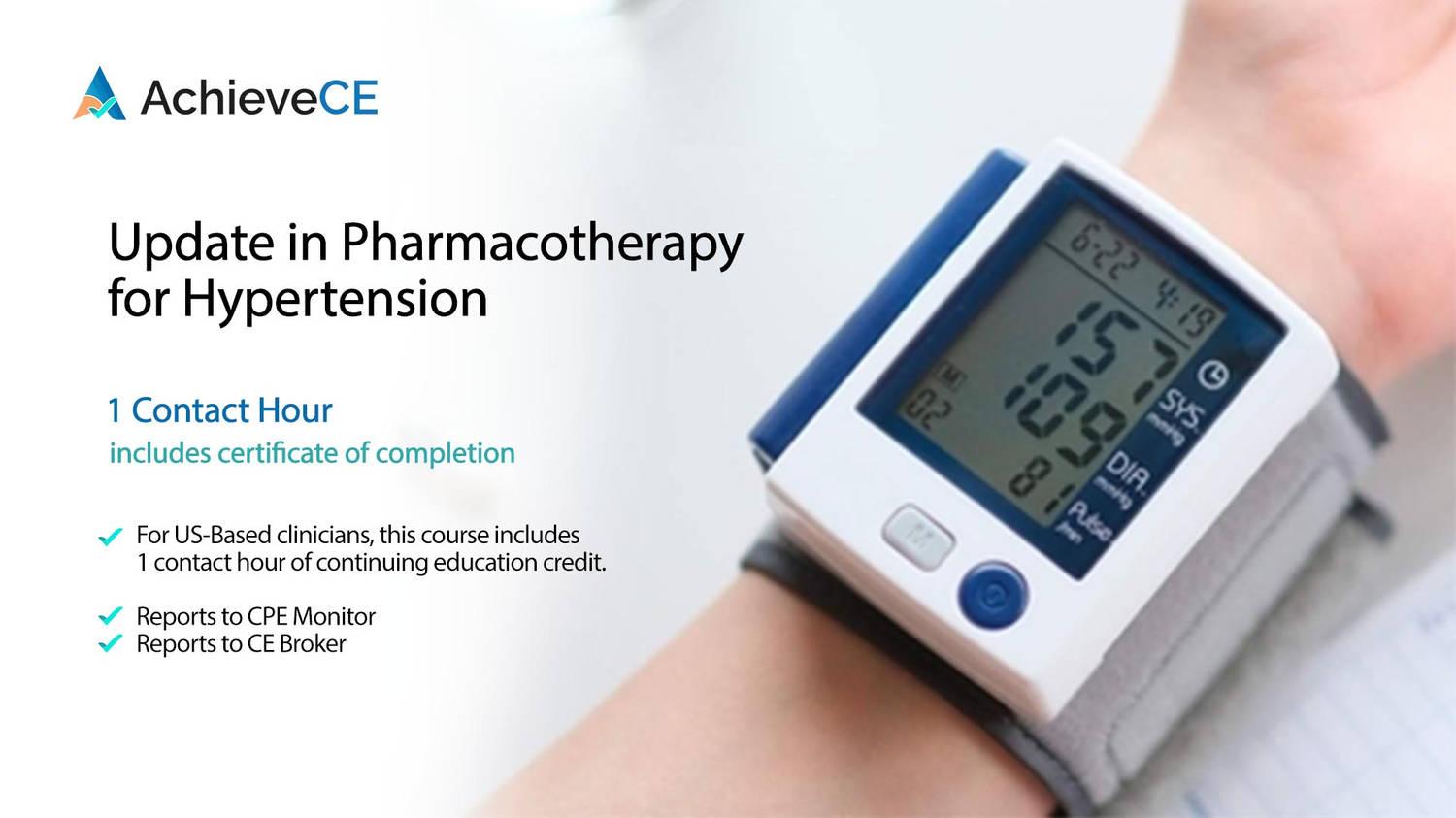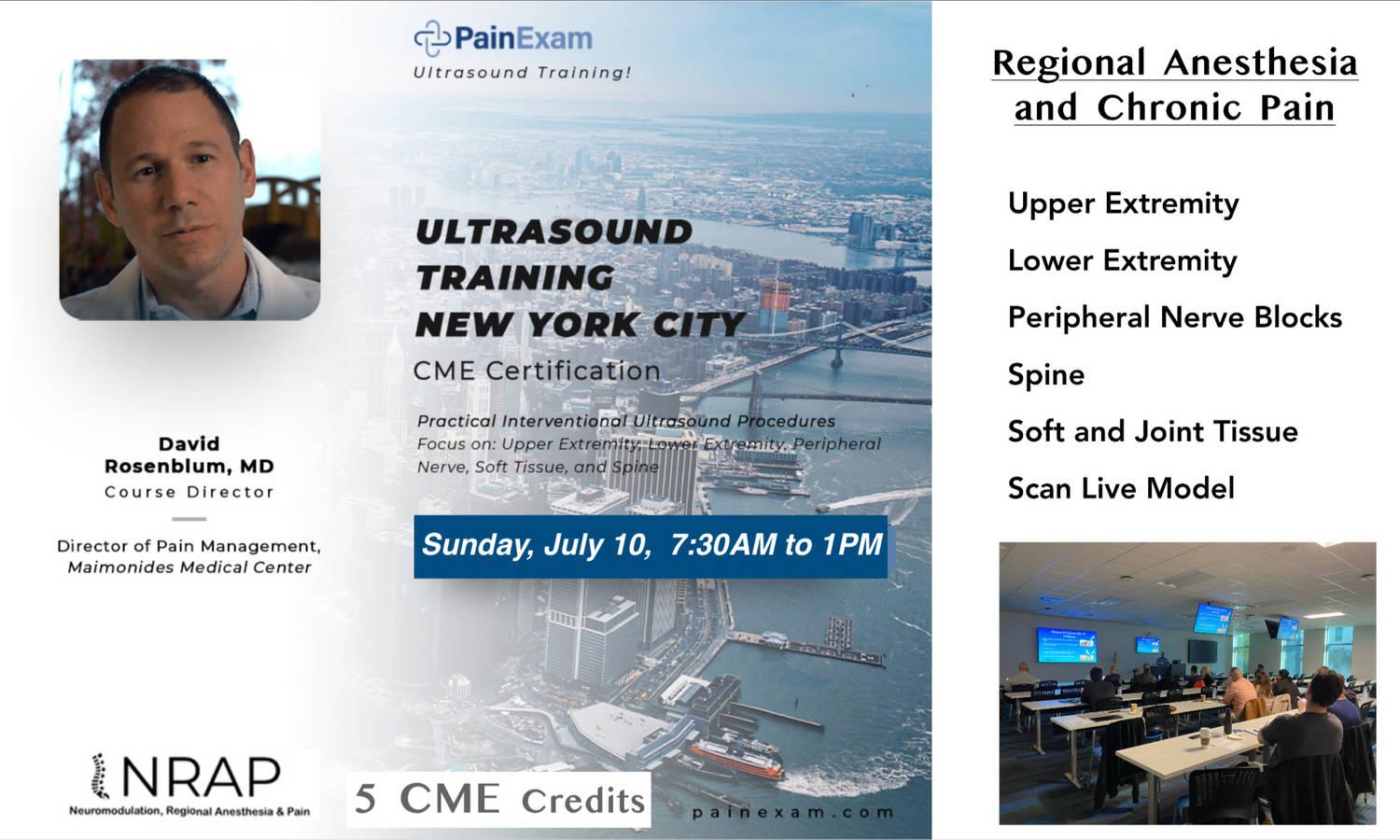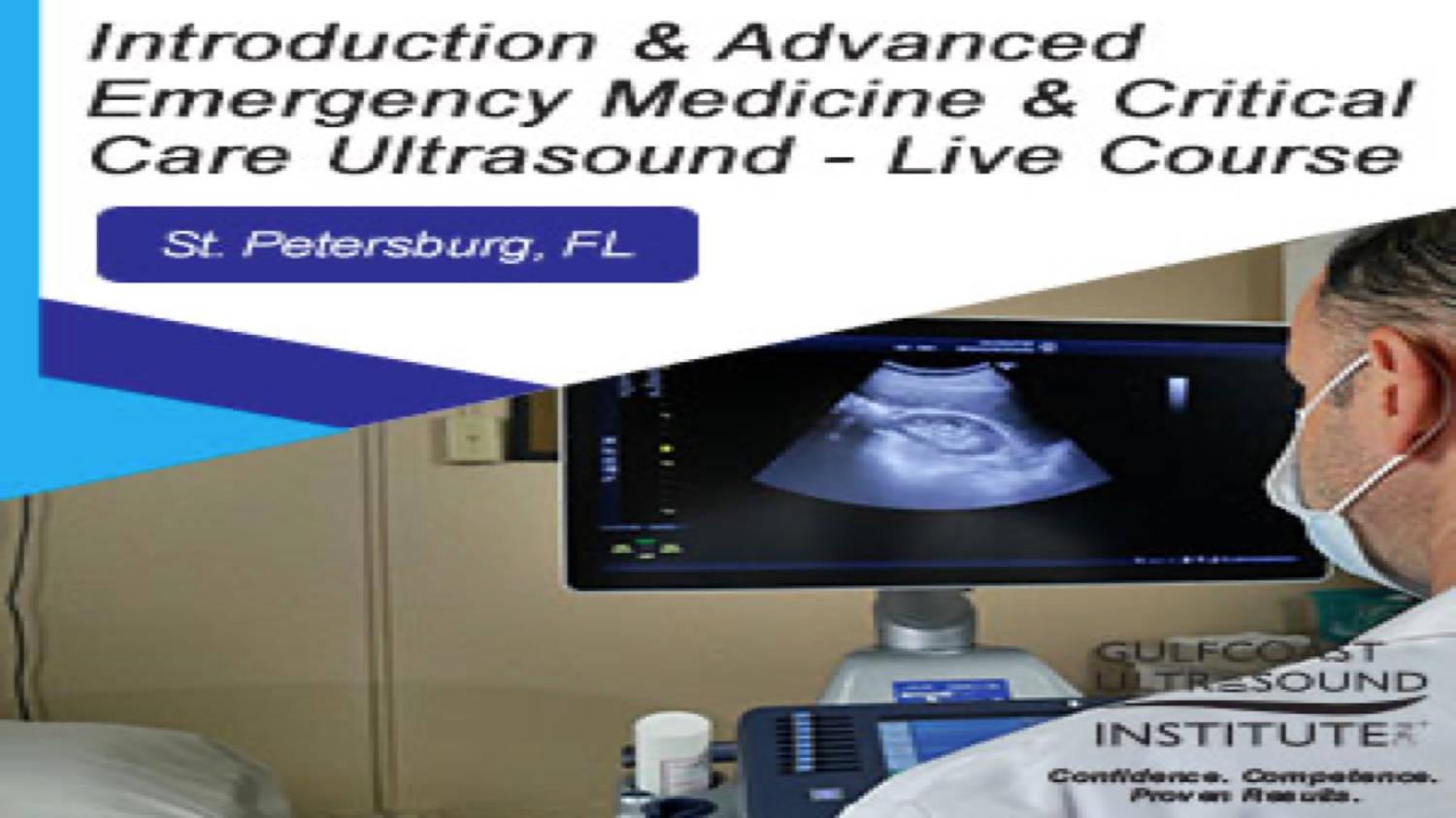Putting the Freeze on Cold Agglutinin Disease is organized by i3 Health and will be held from Sep 12, 2023 - Sep 11, 2024.
STATEMENT OF NEED:
Cold agglutinin disease (CAD) is a rare subtype of autoimmune hemolytic anemia (AIHA) in which antibodies cause hemolysis at cold temperatures, generally between 37º to 39º Fahrenheit. Approximately 1 in a million people are affected by CAD annually, with onset usually occurring between the ages of 40 and 80 years. Individuals commonly experience fatigue, dizziness, palpitations, and shortness of breath caused by the anemia; jaundice caused by degradation of hemoglobin into bilirubin; and sweating, coldness, or painful discoloration of their fingers, toes, ankles, and wrists triggered by exposure to cold (NORD, 2020). While progress has been made in recent years in understanding the pathogenesis of CAD, consensus recommendations based on randomized trials are needed for improving treatment outcomes and reducing symptom burden (Berentsen, 2021). In this activity chaired by Catherine Broome, MD, Associate Professor of Medicine at Georgetown University School of Medicine, faculty will provide expert perspectives on optimizing the diagnosis, treatment, and supportive care of CAD.
LEARNING OBJECTIVES:
Upon completion of this activity, participants should be able to
- Evaluate the clinical and laboratory features of CAD that can inform timely and accurate diagnosis
- Discuss the pathophysiology of CAD and the scientific rationale for targeting the classical complement pathway
- Appraise the efficacy and safety of novel complement inhibitors for CAD as elucidated by recent studies
- Assess strategies for managing anemia, cold-induced circulatory symptoms, and treatment-related adverse events to optimize the clinical outcomes of patients with CAD
In this activity, Catherine M. Broome, MD, Associate Professor of Medicine at Georgetown University School of Medicine, will provide expert guidance on diagnostic features, current treatment standards, emerging therapies, and supportive care strategies for patients with cold agglutinin disease (CAD). Start the activity now!












